Jay Pandya, the man behind Boston Market, recently received yet another denial for Chapter 11 bankruptcy protection.
This latest court decision not only denies the request but also prevents him from filing again for the next six months. With creditors closing in, the timing couldn’t be worse for Pandya’s company as it struggles under hefty financial pressures.
Growing Consumer Discontent

Customer reviews highlighted growing dissatisfaction among patrons.
Consumer feedback on platforms such as Yelp and Google indicated a noticeable decline in food quality and customer service at various Boston Market locations across the country, contributing to the brand’s deteriorating image.
Challenging Times for New Owners
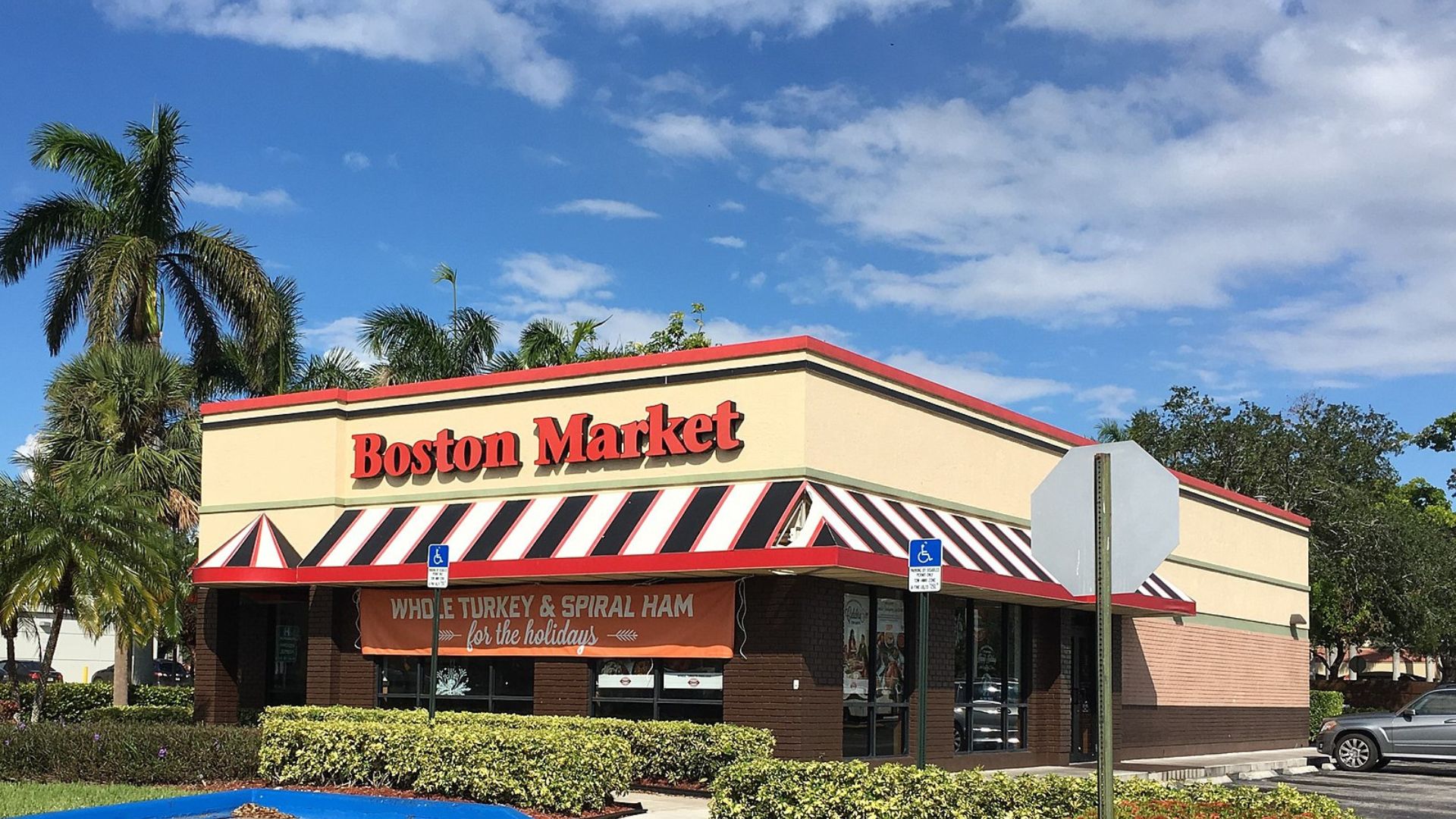
Since acquiring Boston Market in 2020 under his Engage Brands umbrella within the Rohan Group of Companies, Pandya has faced significant hurdles.
Nation’s Restaurant News has been tracking these developments, noting the struggle to keep the business viable amid mounting financial challenges.
Staffing Shortages Exacerbate Issues

Staffing challenges have compounded the difficulties for Boston Market.
High turnover rates and a shortage of skilled workers have affected the chain’s ability to maintain operational efficiency and service quality, adding another layer of complexity to its ongoing financial struggles (via Restaurant Business).
Government Seizure Over Unpaid Taxes
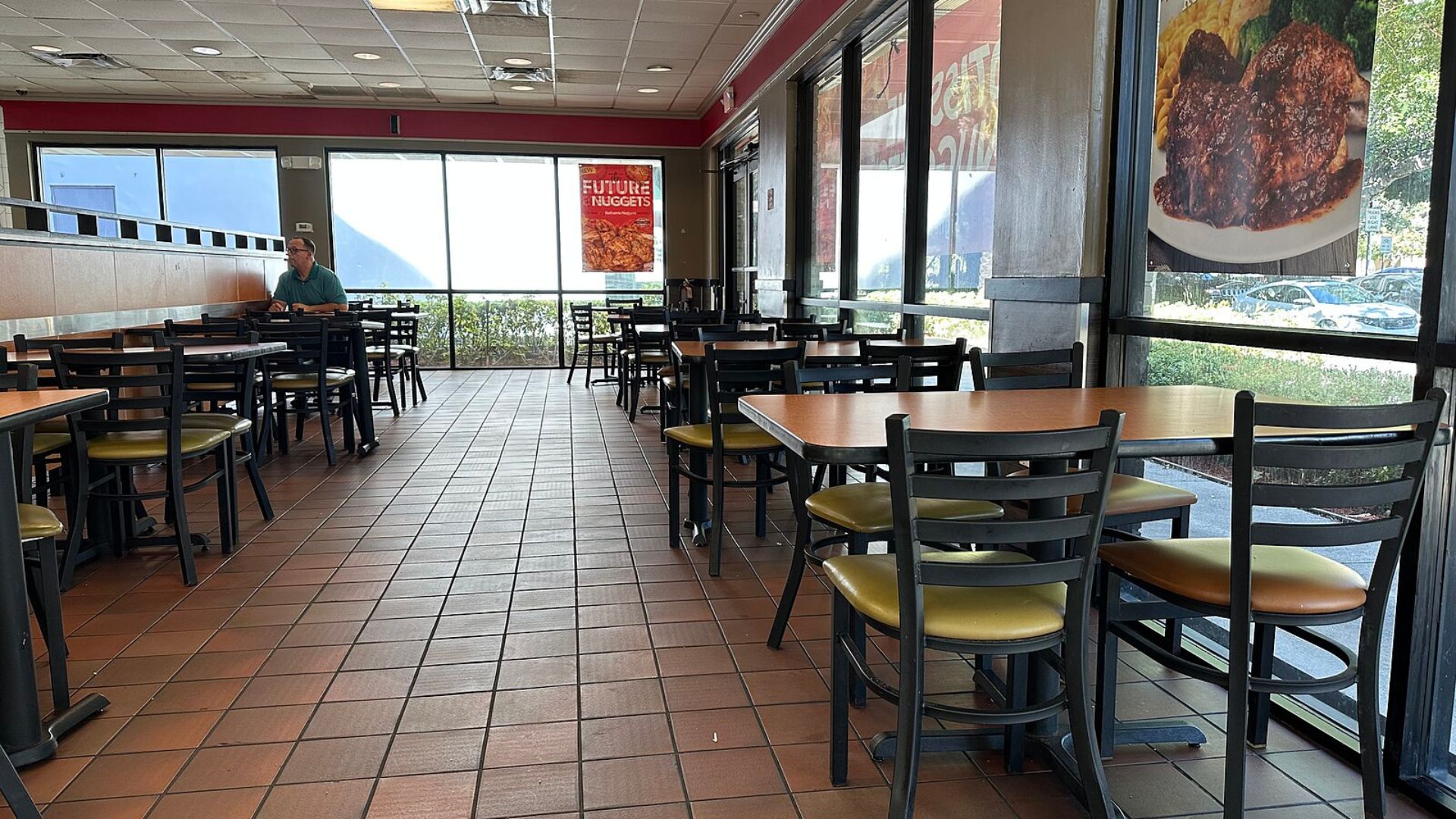
This past May, Boston Market’s Denver headquarters was seized due to an outstanding $300,000 tax bill.
The seizure is a heavy blow, complicating an already difficult situation as the company strives to balance its books and keep the lights on.
Impact of Headquarters Seizure

The seizure of Boston Market’s headquarters also undoubtedly disrupted day-to-day operations significantly.
Key administrative functions, including payroll and vendor coordination, were likely severely impacted, leading to operational delays and further financial disarray.
Legal Battles over Unpaid Bills
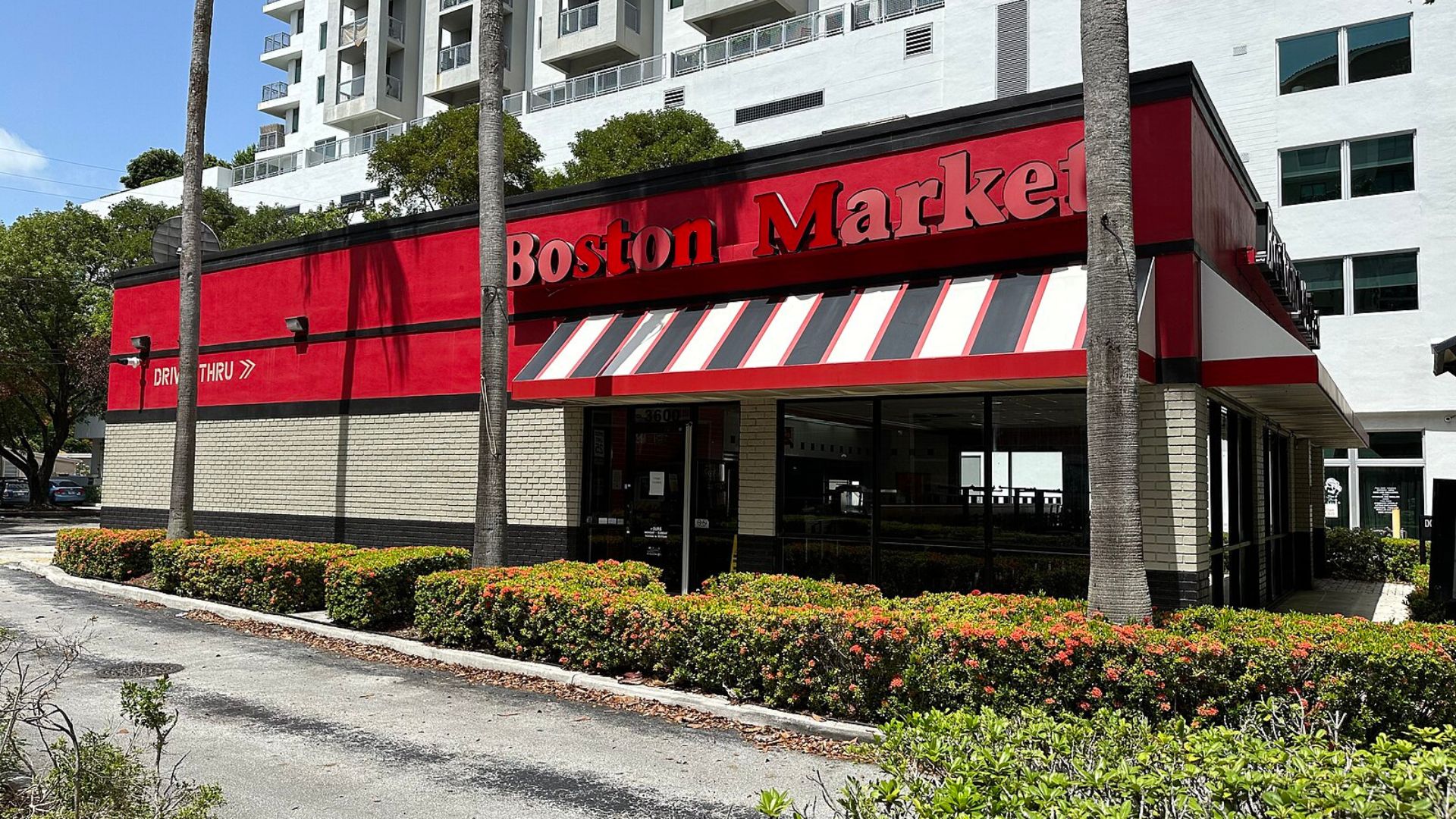
The troubles keep piling up for Boston Market, which now faces a hefty $11.6 million lawsuit from US Foods.
Reported by Business Insider, the lawsuit, filed in July 2023, claims that Boston Market began falling behind on its payments last year, deepening the chain’s financial crisis.
Further Legal Complications

In addition to the US Foods lawsuit, Boston Market faces potential litigation from several small suppliers and former employees over various grievances (via SI Live).
These legal challenges could further strain the already tight financial resources of the company.
Scrambling for Supplies

According to Nation’s Restaurant News, some Boston Market locations have been so hard-hit by supply chain issues that they’ve had to buy food from local supermarkets after their vendor contracts lapsed or were canceled.
This is hardly the situation a reputable chain wants to find itself in.
Adapting to Supply Chain Woes

Like other establishments, Boston Market management has been forced to improvise solutions to cope with the ongoing supply chain issues (via Nation’s Restaurant News).
Strategies include diversifying supplier bases and renegotiating terms to secure necessary ingredients without further jeopardizing financial stability.
New Jersey Shuts Down

FOX Business reports a major operational hit with the closure of 27 Boston Market restaurants in New Jersey.
The shutdown was enforced after state labor officials uncovered numerous worker rights violations, including unpaid wages amounting to over $600,000 owed to 314 employees.
Back in Business, Temporarily
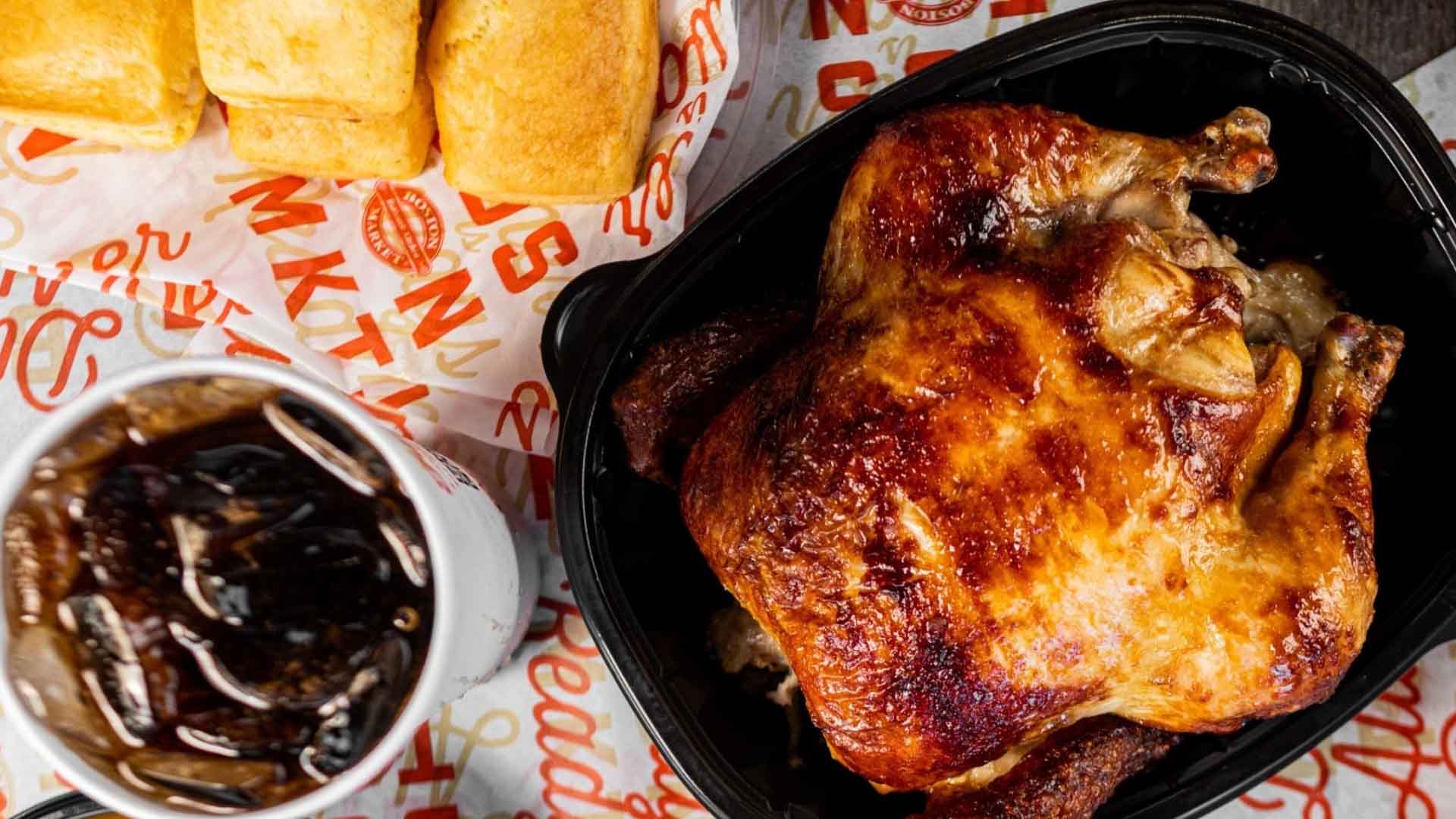
The New Jersey Department of Labor did eventually lift the stop-work order after recovering the employee lost wages.
“We’re glad this investigation resulted in every dollar making it into the pockets of those who earned the money. Hopefully this action puts other bad actors on notice: ‘if you don’t pay your workers, we will shut you down,’” said Labor Commissioner Robert Asaro-Angelo.
Financial Troubles Continue

The financial woes of Pandya and his businesses aren’t isolated events but part of a troubling pattern.
His enterprises have repeatedly faced severe financial difficulties, suggesting a systemic issue within his corporate strategy and management.
Escalating Debt Levels

Boston Market’s total debt has escalated sharply over the past two years, with current estimates putting it well into the tens of millions (via Quartz).
This mounting debt load poses a severe risk to its survival and potential recovery.
Another Pandya Enterprise Falls
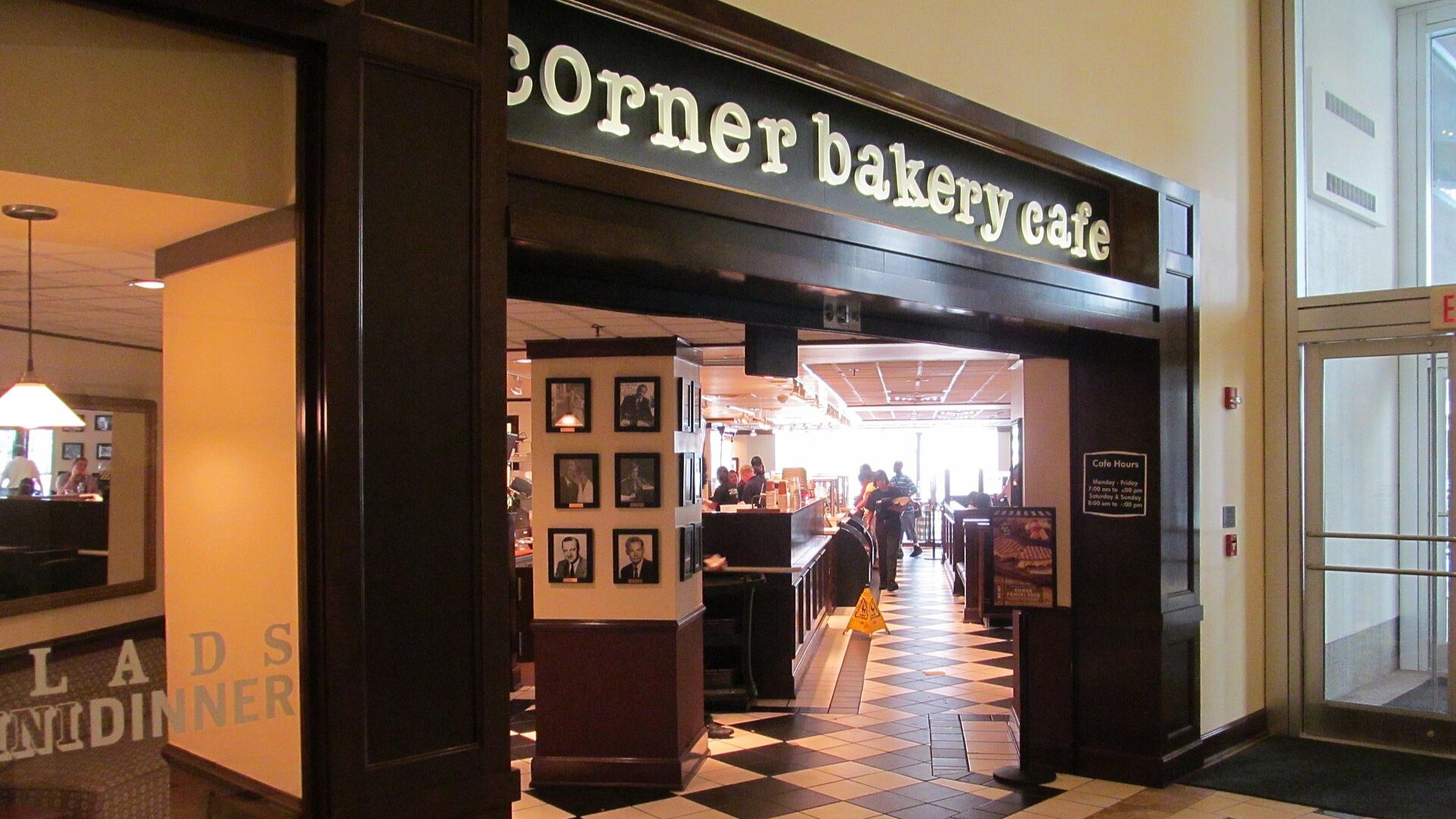
Pandya’s financial difficulties aren’t limited to Boston Market.
Earlier this year, his Corner Bakery Café also filed for Chapter 11 bankruptcy in Delaware, just three years after Pandya took it over, highlighting ongoing instability within his restaurant empire.
Patterns of Mismanagement

A look at Pandya’s other business ventures, like the Corner Bakery Café, shows a pattern of aggressive expansion without sufficient capital support or operational oversight, which has repeatedly led to financial instability.
These warning signs should have been closely monitored by Boston Market’s leadership, raising questions about the effectiveness of their management strategies.
Expansion Despite Financial Strain
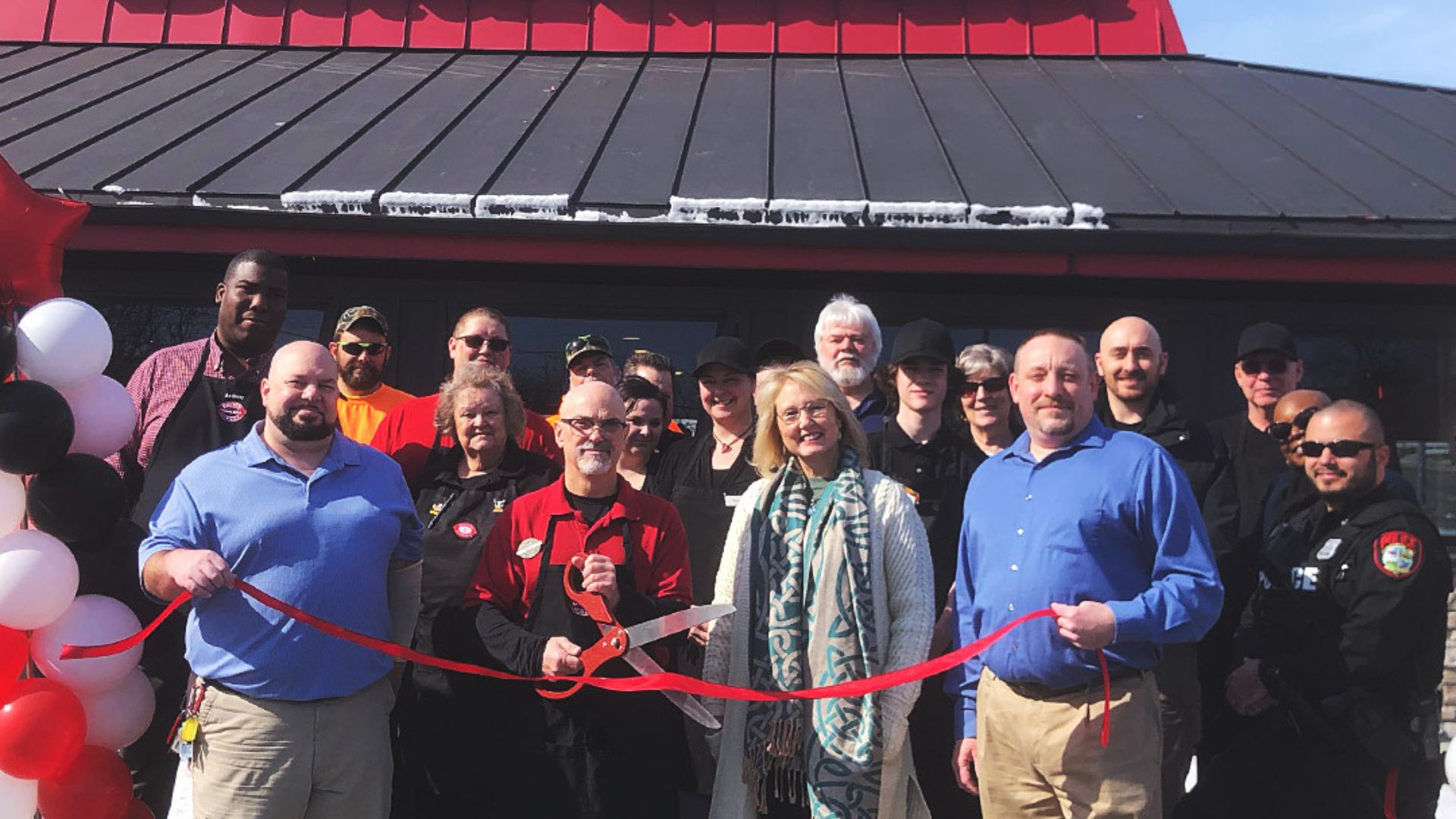
In an apparent contradiction to the financial turmoil, Pandya’s Engage Brands has been aggressively expanding.
Since 2020, they’ve opened 41 new locations, some in former Boston Market properties, according to FOX Business.
Future Expansion Plans in Question

Even with the US Foods settlement, it’s hard to see how Boston Market will be able to continue its aggressive expansion plans, especially with the mounting debt and financial troubles.
The closure of multiple locations and, ultimately, poor debt management strategy indicates that the company’s growth may not be sustainable in its current state.
Questionable Quality at Remaining Locations
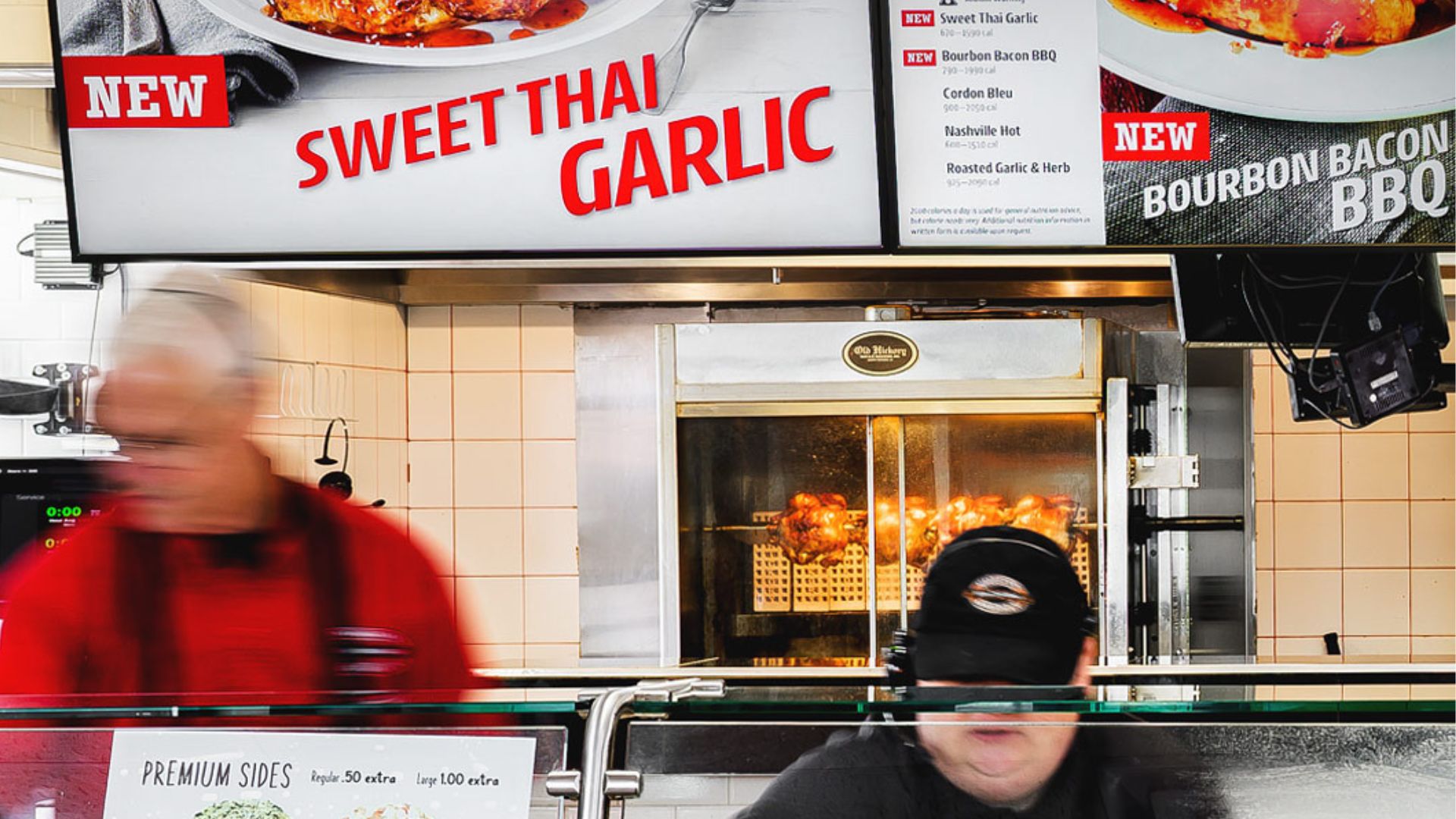
With vital vendor relationships severed, the quality and source of food at remaining Boston Market locations are now in doubt.
Without support from the central corporate structure, maintaining their publicly claimed standards of food preparation becomes increasingly challenging.
Vendor Relations and Quality Assurance

Ongoing issues with vendors have made it increasingly difficult for remaining locations to uphold quality standards.
This has led to inconsistent product offerings and further customer dissatisfaction, undermining brand loyalty.
Promises of Quality
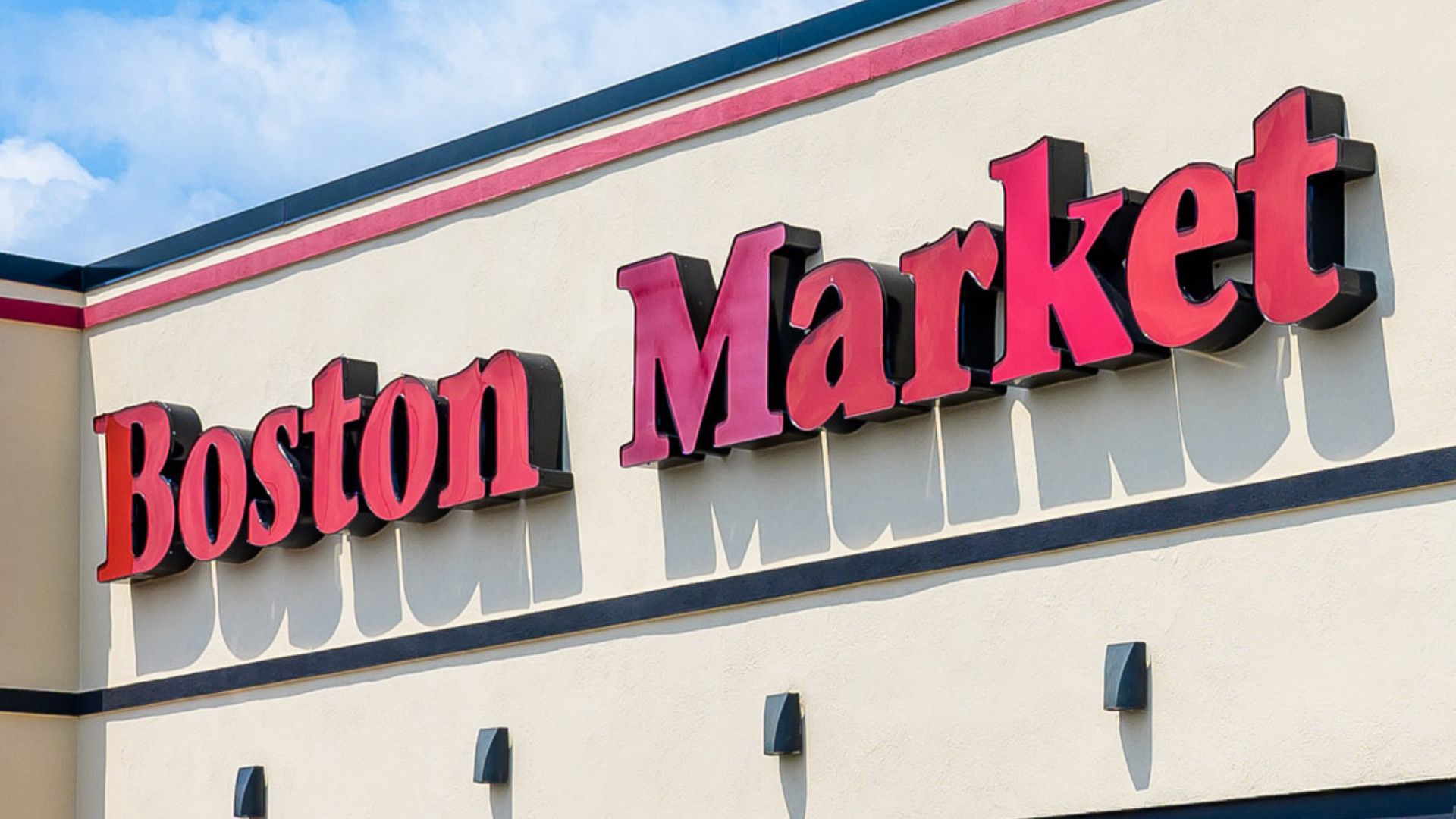
Despite these challenges, The Street reports that Boston Market maintains a reassuring tone on its website.
The company writes, “Our kitchen runs like yours — with real food made by hand. Our all-natural chicken is freshly roasted every hour. Chocolate chunk cookies are baked fresh every morning. Cornbread is mixed in-house and baked fresh throughout the day. Broccoli & mixed vegetables are freshly chopped, then steamed.”
Running on Empty
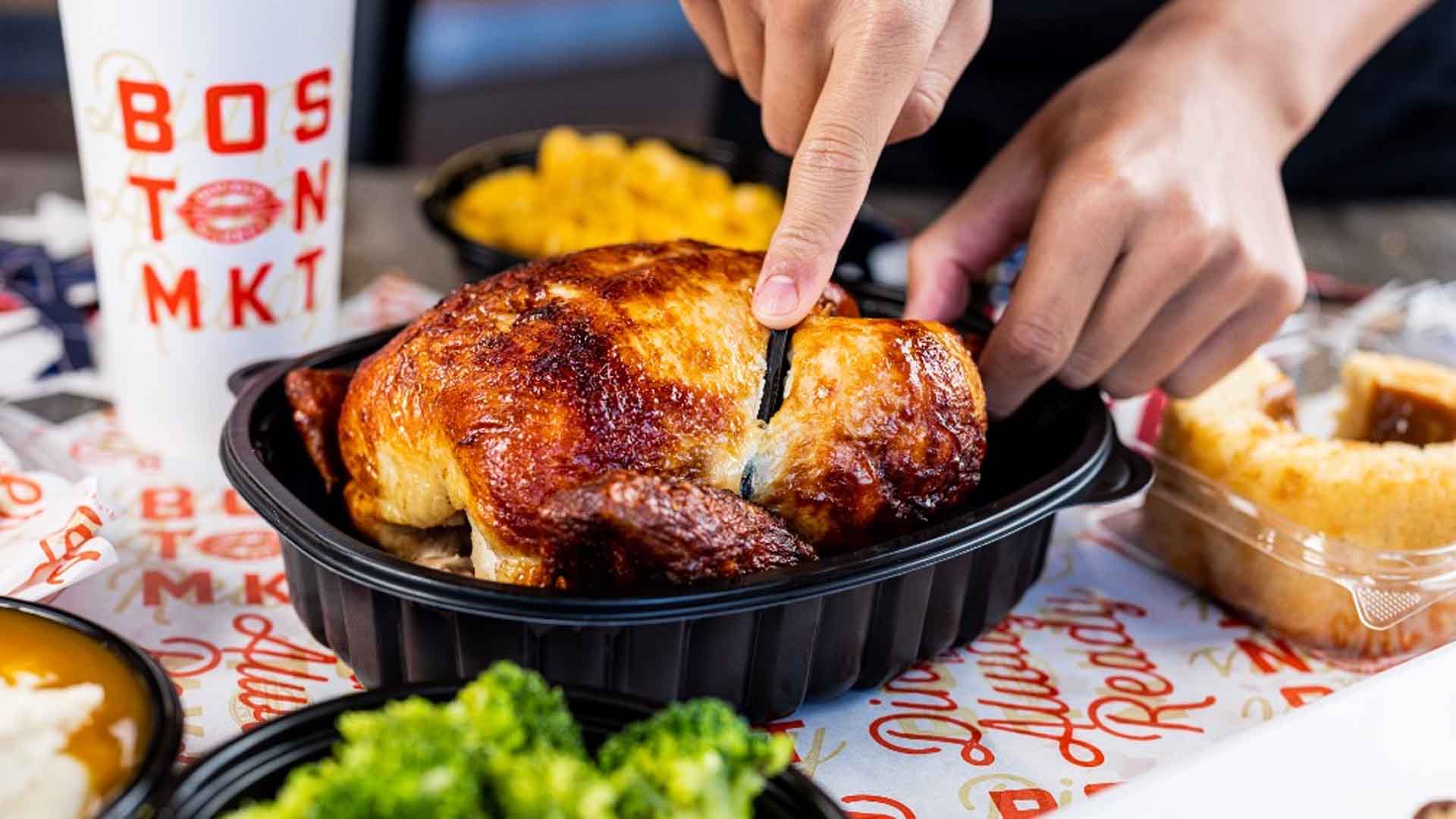
So, what about those Boston Market restaurants that still appear to be operating?
Remaining open franchises are likely operating without corporate support, meaning there’s no oversight and they may not meet the company’s standards, despite the company’s website techically still being operational (via The Street).
An Uncertain Future
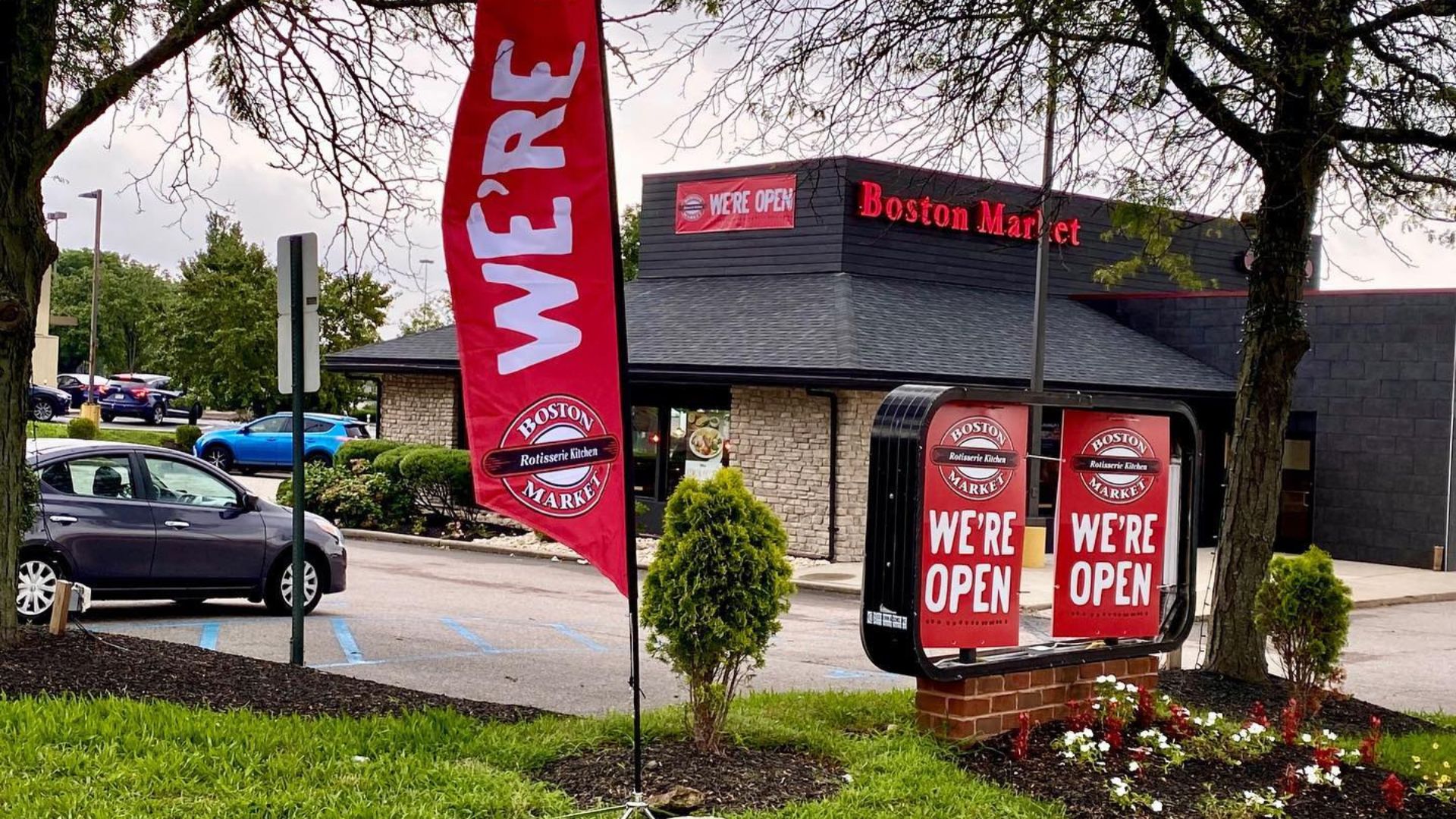
RetailDive has made a grim prediction about Boston Market’s future, stating, “It appears unlikely Boston Market will have the finances to stay afloat or grow.”
This stark outlook puts the future of the company in serious doubt, reflecting the possible end of the road for this once-thriving restaurant chain.
The Potential of Rebranding and Moving Forward

At this point, it seems unlikely that Boston Market will be able to salvage its current brand image and financial state. In order to move forward, the company may need to consider a rebranding effort or even a change in leadership.
However, with the ongoing challenges and negative publicity, it will be an uphill battle for Boston Market to regain consumer trust and reestablish itself as a successful brand in the highly competitive fast-casual restaurant industry.
